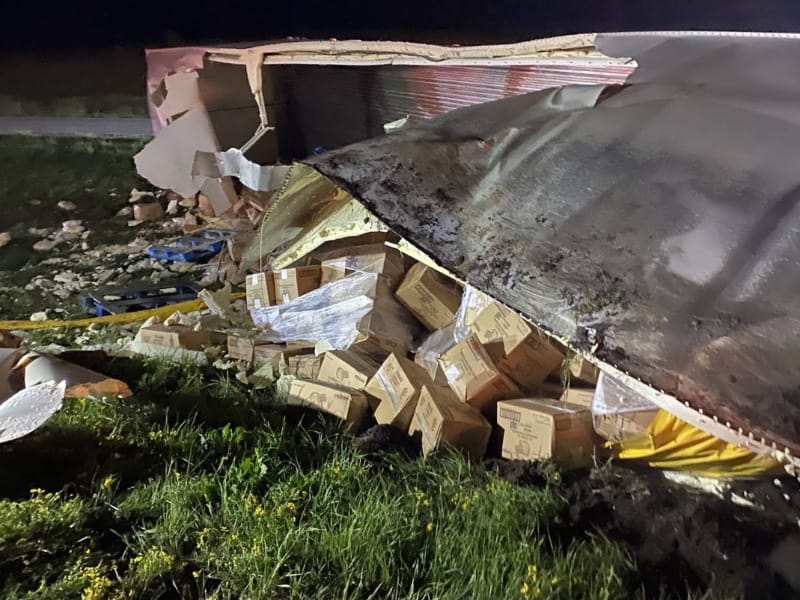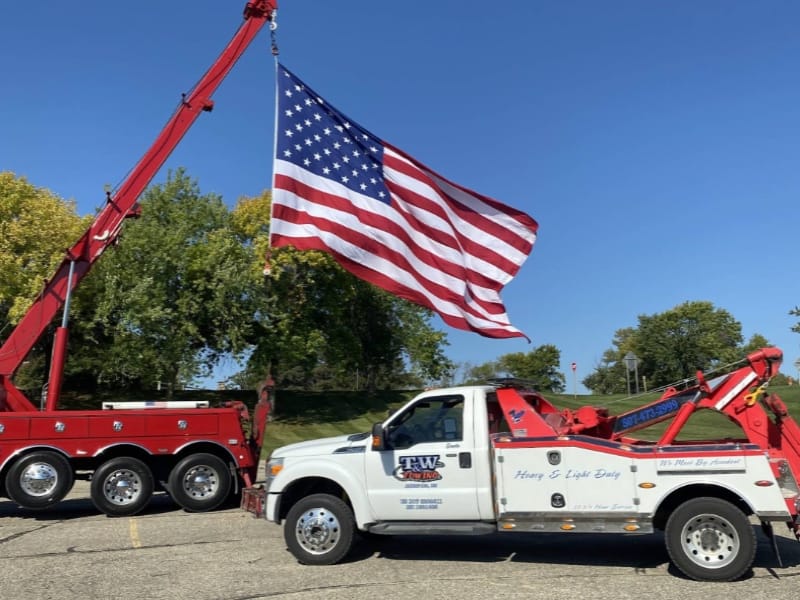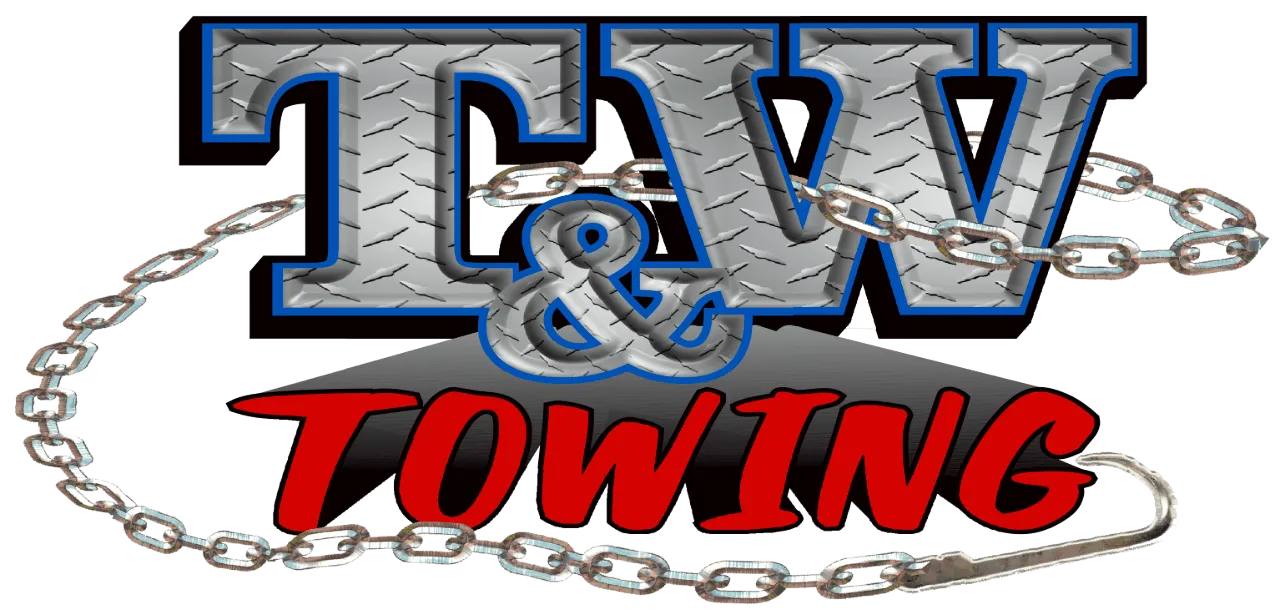When Time Isn’t on Our Side
Once cargo hits the pavement, the clock starts ticking. Steel beams, pallets of produce, construction materials: any of it can turn into a road hazard. Drivers approaching at speed have seconds to react. Things can escalate fast. Needless to say: every minute counts when cargo spills across a highway. A routine haul can turn dangerous in seconds. A blocked road puts other drivers at risk. That’s why our Mason City heavy towing team treats cargo spills as full-blown emergencies. The goal is to prevent pileups, stop damage from spreading, and keep traffic moving.

What Happens During a Cargo Spill Response
When we get the call, we show up with one goal: clear the road and make it safe. Heavy towing work in these cases means acting quickly, adapting fast, and staying sharp. Our response breaks down into three key steps.
1. Safety First
We block off the area with emergency lights, signs, and cones. We make sure our crew, passing drivers, and other responders stay out of danger.
2. Assess and Organize
We identify what spilled, how much of it there is, and the best removal method. Some loads are small and moveable. Others need machines and flatbeds.
3. Clear and Clean
Once the bulk is removed, we clean the scene. That includes bolts, broken crates, spilled fluids, and leftover packaging. Only then do we let traffic resume.
Being fast matters, but being methodical keeps the road safe. A fast, focused response cuts down the odds of a long road closure.
How to Avoid Cargo Spills
Some spills are unavoidable. But many could’ve been stopped before they started. Here’s what drivers and fleet managers can do to lower the risk:
- Double-check securement: Use the right straps, tie-downs, and blocking methods.
- Inspect frequently: Check loads regularly, especially on long hauls.
- Know your limits: Stick to weight and size guidelines.
- Distribute evenly: Balanced loads ride better and shift less.
- Train thoroughly: Every driver should know how to load and secure properly.
Mistakes during loading lead to hours of disruption on the road. Take it from our Mason City heavy towing experts: a few extra minutes on the dock can save hours later.

T&W Towing: Fast Response for Mason City Heavy Towing Emergencies
Cargo spills need quick action. That’s what we do best. At T&W Towing, we handle heavy-duty recoveries, emergency cleanups, Mason City heavy towing, and road clearance day or night. We stay ready, so we can move fast when calls come in.
If a semi flips, if a trailer drops its load, or if a shipment doesn’t make it, our Mason City heavy towing team responds. We’ve built our crew, our Mason City heavy towing trucks, and our systems around speed and safety. Our goal is simple: get traffic moving again.
Hauling through northern Iowa? Keep our number in reach. One call puts our crew on the road. In these situations, timing matters. So does experience. That’s what we bring to every job.
Need help now or have questions about our Mason City heavy towing services? Get in touch with T&W Towing. We’re here to clear the road and get you back on it.
FAQ
What is considered a cargo spill?
A cargo spill happens when freight falls from a truck or trailer onto the roadway. This can include loose materials, equipment, or packaged goods, and often requires immediate cleanup to prevent accidents.
Who handles cleanup after a cargo spill?
Cleanup is typically managed by towing and recovery professionals. Law enforcement may secure the scene, but specialized teams are brought in to remove debris and restore traffic flow.
Are drivers fined for spilled loads?
Yes. If a spill is caused by improper loading or unsecured cargo, the driver or carrier may receive citations or be held financially responsible for cleanup and damages.
How do emergency crews clean up road debris?
Crews use a mix of equipment including forklifts, winches, flatbeds, and manual tools to remove debris. They also sweep and inspect the area for fluid leaks or sharp objects.
What’s the fastest way to report a cargo spill?
Call 911 if the spill creates a traffic hazard. For non-emergencies, contact local highway authorities or the non-emergency police line.
